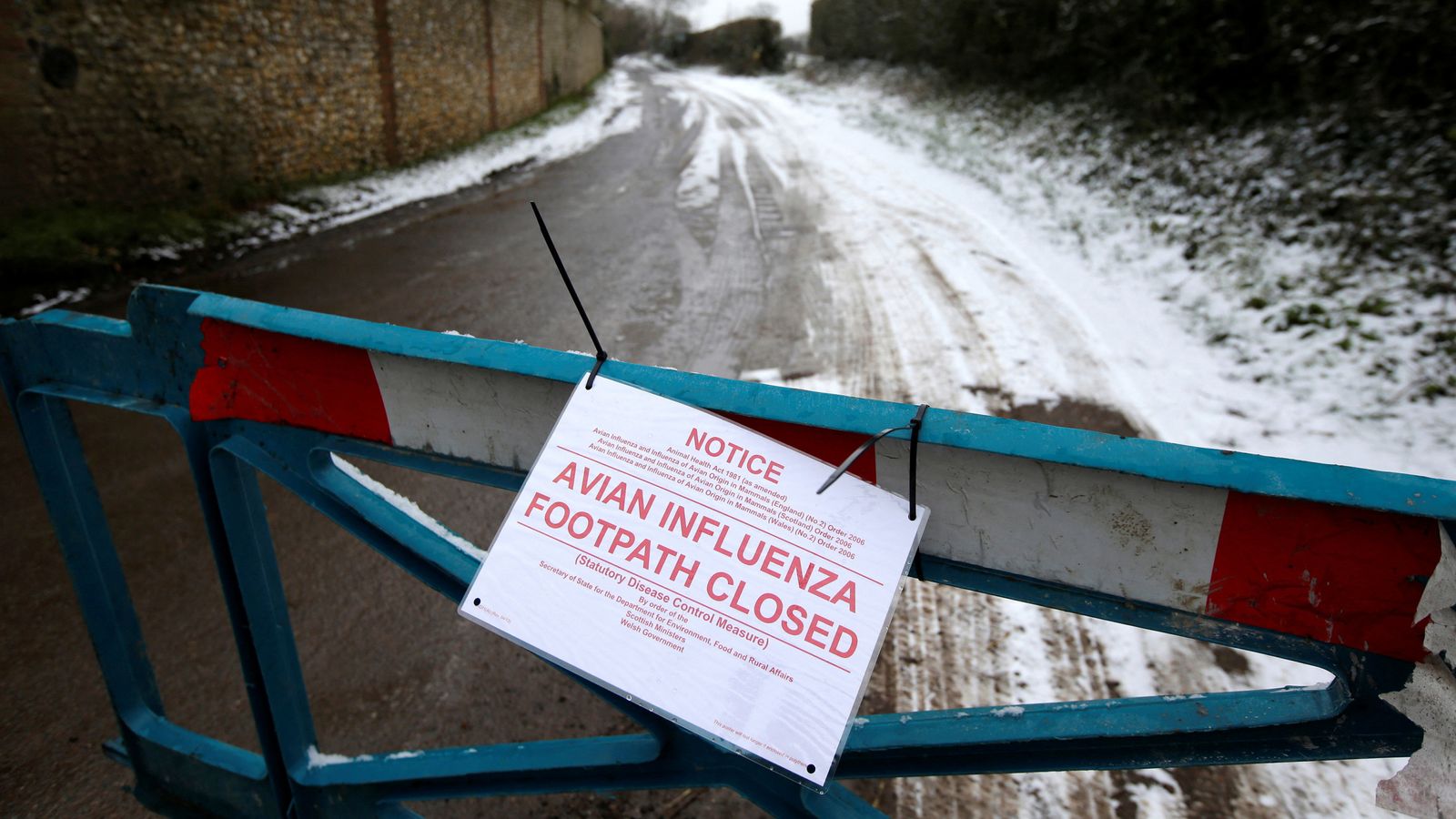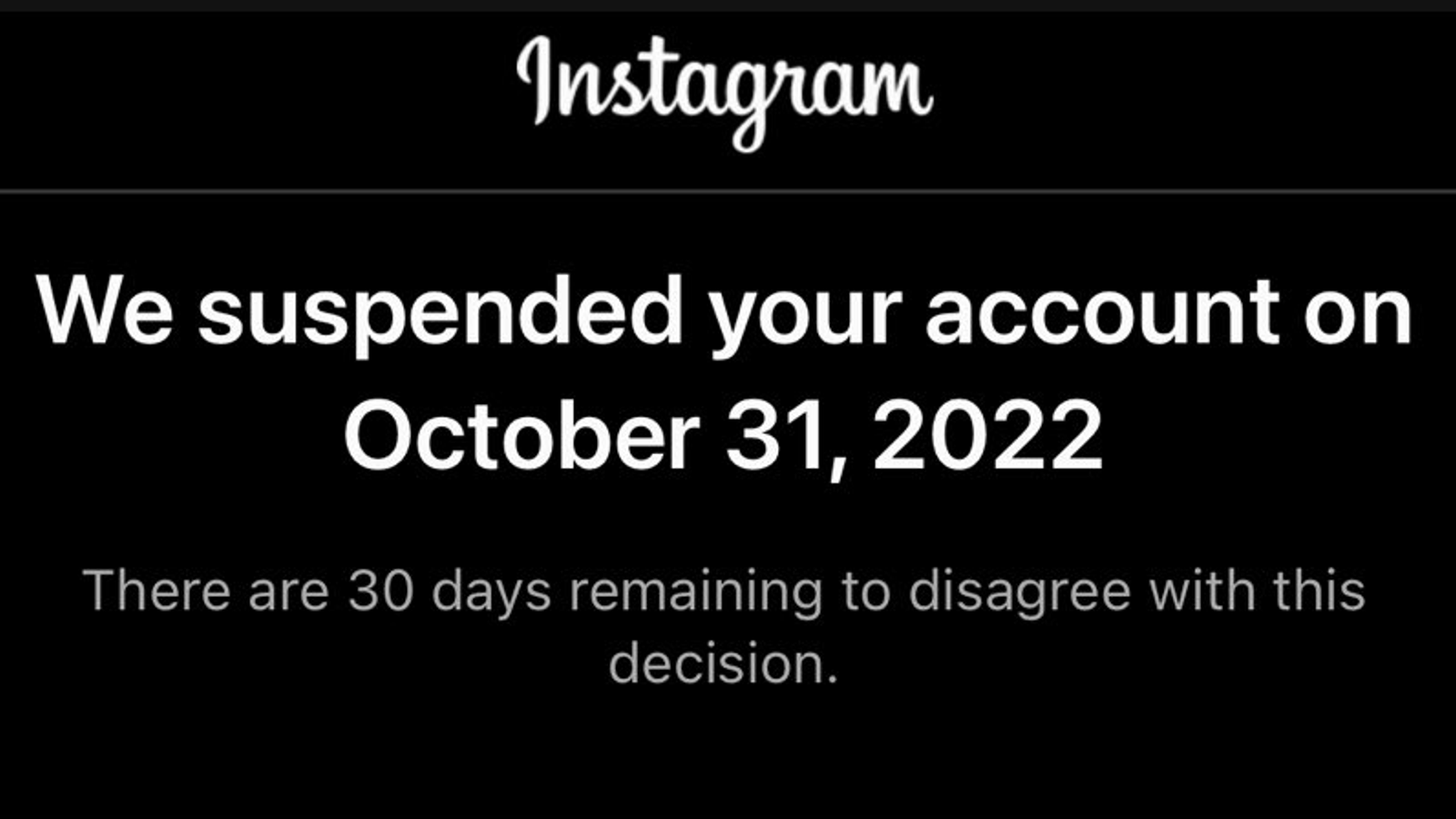Orders to keep all captive birds and poultry indoors are being extended across the whole of England from next week.
The mandatory housing measures have been stepped up by the UK’s chief veterinary officer, making it a legal requirement to keep the animals inside and to follow stringent biosecurity measures to help protect flocks from disease.
The new rules come into force at one minute past midnight on Monday, 7 November – giving owners one week to prepare.
It comes after the national risk of bird flu in wild birds was raised to ‘very high’, and the whole of Great Britain was made a bird flu prevention zone two weeks ago.
Chief veterinary officer Christine Middlemiss said: “We are now facing this year the largest ever outbreak of bird flu and are seeing rapid escalation in the number of cases on commercial farms and in backyard birds across England.
“The risk of kept birds being exposed to disease has reached a point where it is now necessary for all birds to be housed until further notice.
“Scrupulous biosecurity and separating flocks in all ways from wild birds remain the best form of defence.”
Bird flu outbreak: Prevention zone declared across whole of Great Britain
She said the measures apply to all bird owners, whether they keep a few birds, or thousands.
“This decision has not been taken lightly, but is the best way to protect your birds from this highly infectious disease,” she added.
According to the Department for the Environment and Rural Affairs, evidence shows that housing birds reduces the risk of them being infected with bird flu.
However, housing alone will not protect birds and all keepers must still follow the other enhanced biosecurity measures which were brought in earlier this month to help prevent the disease spreading to wild birds.
The added measures mean all bird keepers need to take extra precautions, such as restricting access for non-essential people on site, ensuring workers change clothing and footwear before entering bird enclosures and cleaning and disinfecting vehicles regularly.
The UK Health Security Agency continue to advise that the risk to public health from the virus is very low and the Food Standards Agency advice remains unchanged, that avian influenzas pose a very low food safety risk for UK consumers.
Properly cooked poultry and poultry products, including eggs, are safe to eat.











